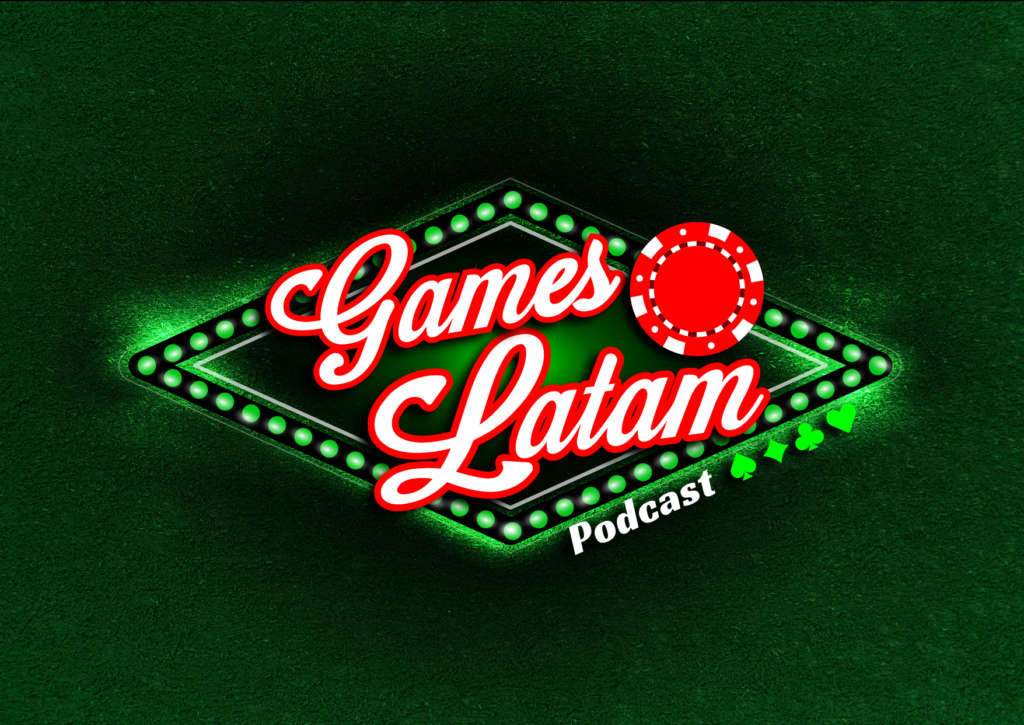Brazil’s federal government clamps down on Loterj licensees, restricting their operations to within Rio de Janeiro. The decision shakes up Brazil’s gambling landscape, affecting Loterj’s licensees and potentially altering nationwide gambling regulations. As the federal government tightens its grip, Loterj argues for its autonomy, claiming state authority should override federal mandates. Stay informed on how these legal battles shape the future of Brazil’s gambling industry and its impact on nationwide gaming operations.
Federal Court Restricts Loterj Licensees to Rio de Janeiro: Nationwide Ambitions Thwarted
In a significant move that has stirred the Brazilian gambling industry, the Federal Regional Court of the First Region (TRF1) has ruled that brands licensed by the Rio de Janeiro State Lottery (Loterj) are no longer permitted to operate outside of Rio de Janeiro. This decision is a crucial victory for the federal government, which has been seeking to assert its right to regulate gambling activities across Brazil.
The ruling comes in response to an appeal filed by Brazil’s Attorney-General’s Office (AGU), following an earlier Federal District Court decision that had allowed Loterj’s licensees to function beyond state borders. By overturning this prior ruling, TRF1 President João Batista Moreira has reinforced the federal government’s stance, emphasizing the need for centralized regulation.
Federal Government’s Fight for Regulation
The heart of the dispute lies in the federal government’s attempt to establish uniform gambling regulations across Brazil. The AGU argued that permitting state-licensed operators like Loterj to operate nationwide could undermine federal oversight. They stressed that this move could lead to a “regulatory free-for-all,” creating inconsistencies that could hinder player protection, create conflicting rules, and limit the federal state’s ability to enforce gambling laws effectively.
Moreover, the AGU pointed out that Loterj lacks specific regulations on anti-money laundering (AML) and counter-terrorism financing (CTF) for its licensees. This gap further fueled concerns over the state’s capacity to manage the broader implications of online gambling operations.
Loterj’s Defense: Insisting on State Sovereignty
Despite the recent ruling, Loterj remains defiant. The state lottery asserts that its licensees’ operations will continue unaffected, citing Article 35-A of Law No. 14,790. According to Loterj, this legislation ensures that state-licensed operators are not bound by federal ordinances or injunctions established by the federal gambling regulator. This law, they argue, grants them the autonomy to operate outside the federal framework, including during the transition to a regulated market in January 2025.
Loterj has also emphasized the economic benefits that its licensees bring to the state. “The money collected by the state of Rio de Janeiro with the legalized operation of betting means that the union receives eight times more in taxes,” Loterj explained, highlighting their belief that the economic impact justifies their operations.
What’s Next for Loterj and Its Licensees?
This ruling adds another layer of complexity to Brazil’s rapidly evolving gambling landscape. Recently, the Secretariat of Evaluation, Planning, Energy, and Lottery (SPA) published a list of companies permitted to continue operating during the transition period from October 1 to December 31. Only those companies that submitted their license application before the September 30 deadline can continue until the official launch of the legal market on January 1, 2025.
Among the 11 brands approved to continue operating in Rio de Janeiro are Caesars Sportsbook, VaideBet, and PixBet. Loterj quickly reiterated its stance that its licensees could “continue to operate throughout Brazil,” challenging the federal government’s restrictive ruling. They remain steadfast, claiming that specific legislation supports their position and grants them authority to allow operations beyond state boundaries.
A Battle for Regulatory Control
The ongoing legal tussle between Loterj and the federal government signifies a broader struggle over who holds the reins of gambling regulation in Brazil. While the federal court’s ruling aims to centralize and streamline gambling laws, Loterj’s insistence on state autonomy highlights the complexities of implementing a unified regulatory framework in a diverse market.
As the transition period progresses and the formal launch of regulated online gambling approaches in January 2025, the industry will be closely watching the developments. This ruling not only impacts Loterj’s operations but also sets a precedent for how state and federal authorities will coexist in Brazil’s burgeoning gaming sector. Ultimately, the resolution of this conflict will shape the future of gambling regulation and operator compliance across the nation.
The post Federal Court Limits Loterj Licensees to Rio de Janeiro appeared first on Gamingo News.
Brazil’s federal government clamps down on Loterj licensees, restricting their operations to within Rio de Janeiro. The decision shakes up Brazil’s gambling landscape, affecting Loterj’s licensees and potentially altering nationwide gambling regulations. As the federal government tightens its grip, Loterj argues for its autonomy, claiming state authority should override federal mandates. Stay informed on how
The post Federal Court Limits Loterj Licensees to Rio de Janeiro appeared first on Gamingo News.
Participe da IGI Expo 2026: https://igi-expo.com/












